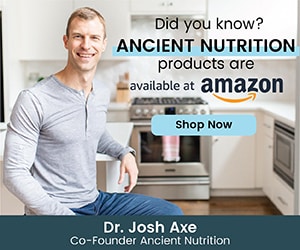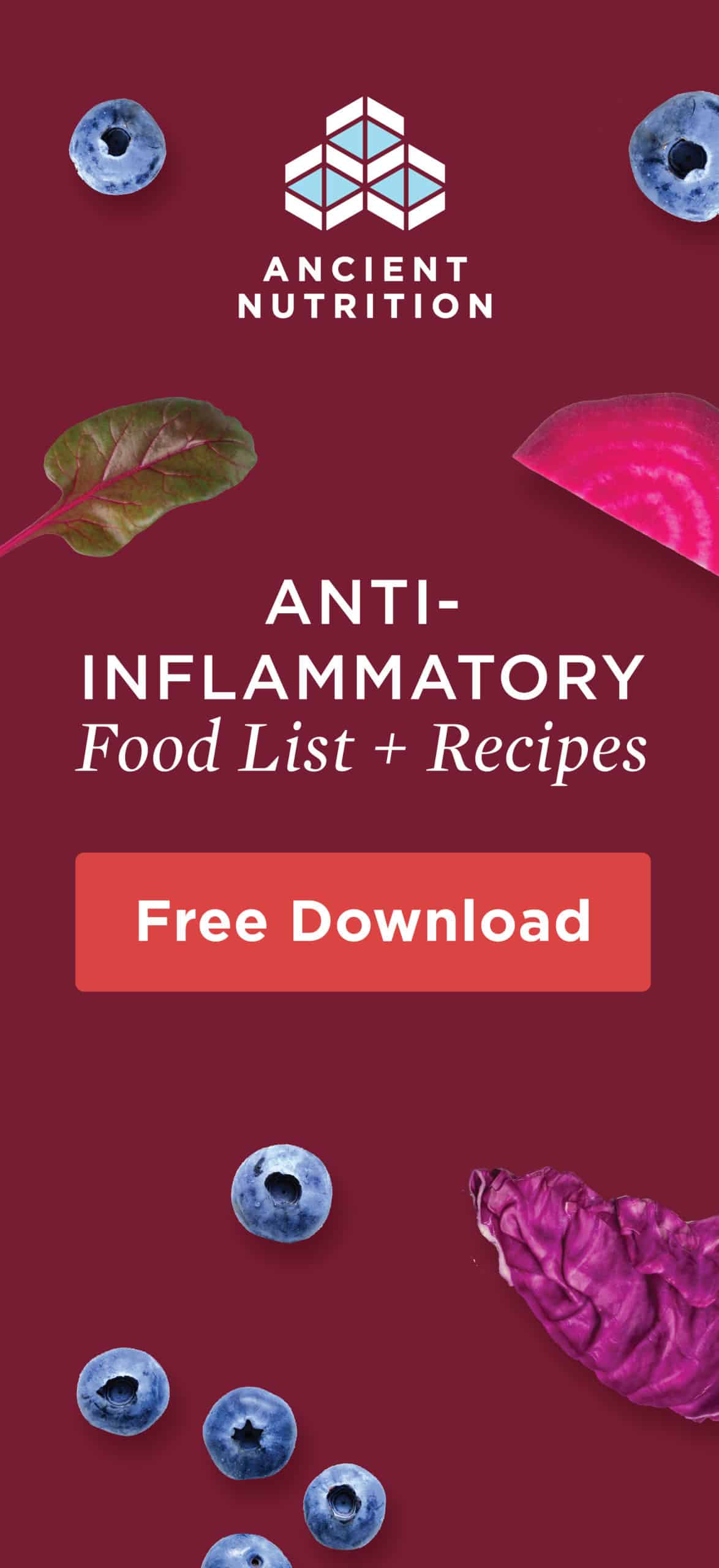What Is Quercetin?
Quercetin is a type of flavanoid antioxidant that’s found in plant foods, including leafy greens, tomatoes, berries and broccoli. It’s technically considered a “plant pigment,” which is exactly why it’s found in deeply colored, nutrient-packed fruits and vegetables.
Considered one of the most abundant antioxidants in the human diet, quercetin plays an important part in fighting free radical damage, the effects of aging and inflammation, according to many studies.
Flavonoid polyphenols are most beneficial for down-regulating or suppressing inflammatory pathways and functions. Quercetin is considered the most diffused and known nature-derived flavonol there is, showing strong effects on immunity and inflammation caused by leukocytes and other intracellular signals.Benefits
1. Lowers Inflammation
2. Fights allergies
3. Supports Heart Health
4. Helps Fight Pain
Related: Papain: Beneficial Enzyme or Commercial Fad?
Supplements and Dosage
Some of the most common types of dietary supplements include: quercetin 3, quercetin 3 glucoside, quercetin aglycone, isoquercetin, quercetin 7 rutinoside, and quercetin 3 0 rhamnoside. Some quercetin supplements are also labeled as quercetin dihydrate, which is mostly insoluble in water and may not be absorbed as well as other kinds.
There isn’t a daily recommended amount of quercetin intake, so dosage recommendations can vary depending on your health condition.
Estimates show that most people typically get between five and 40 milligrams of it a day from eating common plant foods; however, if you stick with a nutrient-dense diet overall, you’re likely to take in much more — as much as 500 milligrams daily according to some reports.
- Optimal doses of quercetin have not been established for any specific conditions by the FDA or any other governing health authority at this time, so it’s up to you and your doctor to decide what amount works best for you.
- For people who turn to quercetin supplements, common oral dosages are 500 milligrams taken twice daily, but it’s also definitely possible to experience benefits when taking lower doses.
Quercetin supplements are available in all types of pills or capsules and are commonly used in formulas along with other anti-inflammatory ingredients. For example, quercetin with bromelain (an anti-inflammatory enzyme found in pineapples) may be taken to help manage allergies.
This may be labeled as a “quercetin complex” formula, which is a synergistic formula that is intended to offer additional antioxidant ad/or anti-aging support.
When buying capsules or supplements, make sure to purchase from a reputable brand and read ingredients carefully, since the amount of active ingredient can vary widely depending on the manufacturer (which is one reason it’s hard to recommend a specific dose).
Related: Linden Tea Benefits for the Body and Mind
Side Effects, Risks and Interactions
What are side effects of quercetin? Because it’s derived naturally from foods, quercetin seems to be safe for almost everyone and poses little risks.
According to a 2018 report, most studies have found little to no side effects in people eating nutrient-dense diets high in quercetin or taking supplements by mouth short term.
Is quercetin safe to take daily?
Amounts up to 500 milligrams taken twice daily for 12 weeks appear to be very safe. If you plan to take this supplement for longer, it’s a good idea to speak with your doctor first.
However, of course, in very high doses there are some risks. Side effects can include headaches and tingling of the arms and legs.
Very high doses taken intravenously have also been linked to cases of kidney damage, although this seems very rare. It’s also possible that quercetin supplementation can interact with the effectiveness of antibiotics, chemotherapy and blood-thinner medications, so use caution if you currently take any of these.
For women who are pregnant or breastfeeding, it doesn’t seem to have any negative effects, although there hasn’t been much research done in this population so it’s always a good idea to talk it over with your doctor first.
Is quercetin or dogs and pets safe? Yes, according to Dogs Naturally Magazine.
Some pet owners choose to give their pets bromelain and quercetin, sometimes along with other ingredients like hemp oil, to promote skin health and fight allergies and effects of aging. It may help reduce itchiness, difficulty breathing, and/or gastrointestinal issues in dogs, plus help protect against cancer.
Take the weight of your pet and multiply it by 1000 mg, then divide it by 150 to get the milligram dosage your pet needs per day (ideally divide into two doses).
Related: Fisetin: A Senolytic Antioxidant for Healthy Aging & More
Final Thoughts
- What is quercetin? It’s a type of flavonoid antioxidant that’s found in plant foods, including leafy greens, tomatoes, berries and broccoli.
- It’s technically considered a “plant pigment,” which is exactly why it’s found in deeply colored, nutrient-packed fruits and veggies.
- Along with other flavonoids it has been shown to have antiviral, antimicrobial, anti-inflammatory and anti-allergic effects. Using quercetin for allergies is one of the most common reasons people take this compound in supplement form.
- Quercetin supplements and foods might help reduce inflammation, fight allergies, support heart health, combat pain, potentially improve endurance, fight cancer, and protect skin and liver health.
- Some of the top quercetin foods include apples, peppers, red wine, dark cherries, tomatoes, cruciferous and leafy green veggies, citrus fruits, whole grains, legumes, herbs, and more.
- Potential quercetin side effects can include headaches and tingling of the arms and legs, although these are rare.

Get FREE Access!
Dr. Josh Axe is on a mission to provide you and your family with the highest quality nutrition tips and healthy recipes in the world...Sign up to get VIP access to his eBooks and valuable weekly health tips for FREE!
Free eBook to boost
metabolism & healing
30 Gluten-Free Recipes
& detox juicing guide
Shopping Guide &
premium newsletter



